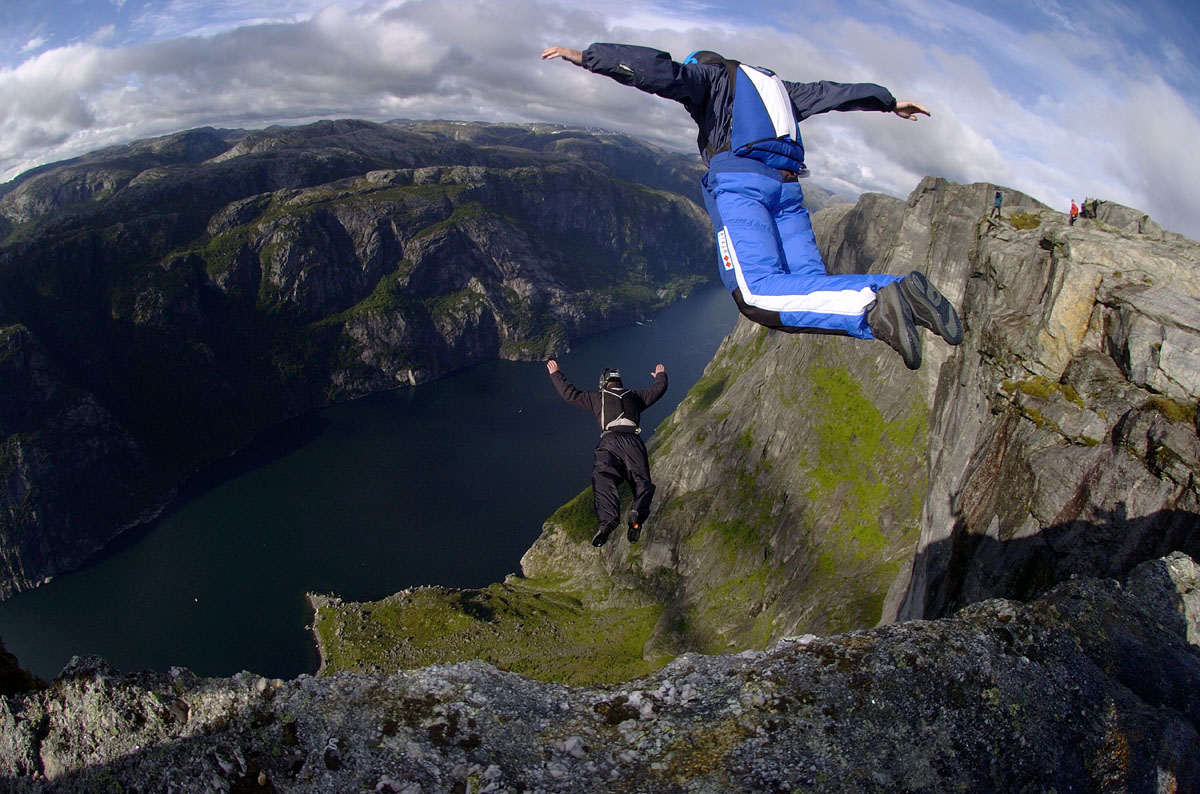Like this article? rabble is reader-supported journalism. Chip in to keep stories like these coming.
This April 22 will be unlike any previous Earth Day. World leaders, including Prime Minister Trudeau, will gather at the UN in New York to sign the Paris Agreement on climate change. This is good news because the agreement is a commitment to hold the increase in global temperatures to “well below 2.0 C above pre-industrial levels” and promises efforts to limit the rise to 1.5 C.
The not-so-good news is that the pledges made at Paris are not enough to meet those goals. If all of them were implemented, temperatures would still rise by around 2.70 C. More importantly, under current policies, temperatures are on track to increase by 3.60 C by 2100. Clearly more must be done to prevent catastrophic climate change.
How might Canadians celebrate Earth Day? My suggestion is that we all carefully read the Leap Manifesto: A Call for Canada Based on Caring for the Earth and One Another.
Some recent media coverage has misrepresented and distorted what is in the Leap Manifesto.
For example, one columnist alleges: “It advocates that all oil be left in the ground and we bounce along happily on moonbeams and other rays.”
In fact, the Manifesto does not call for all oil to be left in the ground but instead questions “new infrastructure projects that lock us into increased extraction decades into the future.”
It also cites sound research from leading academics at McGill and Stanford Universities showing that it is indeed possible to get 100 per cent of our electricity from renewable sources within two decades and all of our energy needs from renewables by 2050, using known technologies.
Critics of the Leap have largely ignored the fact that its starting point is a call to respect the inherent rights of Indigenous peoples, “the original caretakers of this land,” by fully implementing the UN Declaration on the Rights of Indigenous Peoples, something that the federal government has pledged to do.
Others have distorted its message by alleging that its authors are ignoring the plight of workers laid off from fossil fuel industries that are cancelling investments in oil, gas and coal projects due to low prices. In fact the Leap demands “training and other resources for workers in carbon-intensive jobs, ensuring they are fully able to take part in the clean energy economy.”
The allegation that the vision embodied in the Manifesto is unaffordable has been refuted by economists at the Canadian Centre for Policy Alternatives who have provided a detailed analysis of options for funding the Leap through ending subsidies to fossil fuels, a financial transactions tax, tax reform and a carbon tax, among other alternatives.
Perhaps the most persistent criticism is that the Leap represents the views of only two individuals, Naomi Klein and Avi Lewis. In fact it reflects input from 60 Indigenous, social justice, environmental, labour and ecumenical organizations from across Canada who gathered last May to discuss the climate crisis. I know that every person at that meeting had a role in shaping the outcome because I was there.
What struck me about that gathering was the spirit of collaboration and a collective understanding of the need to listen to Indigenous perspectives. Indeed the meeting opened with an Indigenous prayer ceremony led by Ellen Gabriel from the Kanien’kehá:ka Nation. I remember asking myself “When was the last time I attended a secular meeting of social activists that began with a prayer?” I couldn’t recall a single example.
Another memory is that participants shared a sense of urgency to act on climate change recognizing the grave threat it poses to life on Earth as we know it.
So on this Earth Day I urge you to read or reread the Leap Manifesto and decide for yourself if you agree with its contents. If you do, then sign the Manifesto. Share it with family and friends. Tell politicians of every persuasion that it is a non-partisan call to care for the Earth and one another.
The Paris Agreement the political leaders are signing in New York today will remain only a piece of paper unless we collectively compel them to take decisive action. While it does not constitute a detailed roadmap, I am proud to report that KAIROS has endorsed the Leap Manifesto’s vision for social and ecological justice.
Image: Wikimedia Commons
Like this article? rabble is reader-supported journalism. Chip in to keep stories like these coming.



